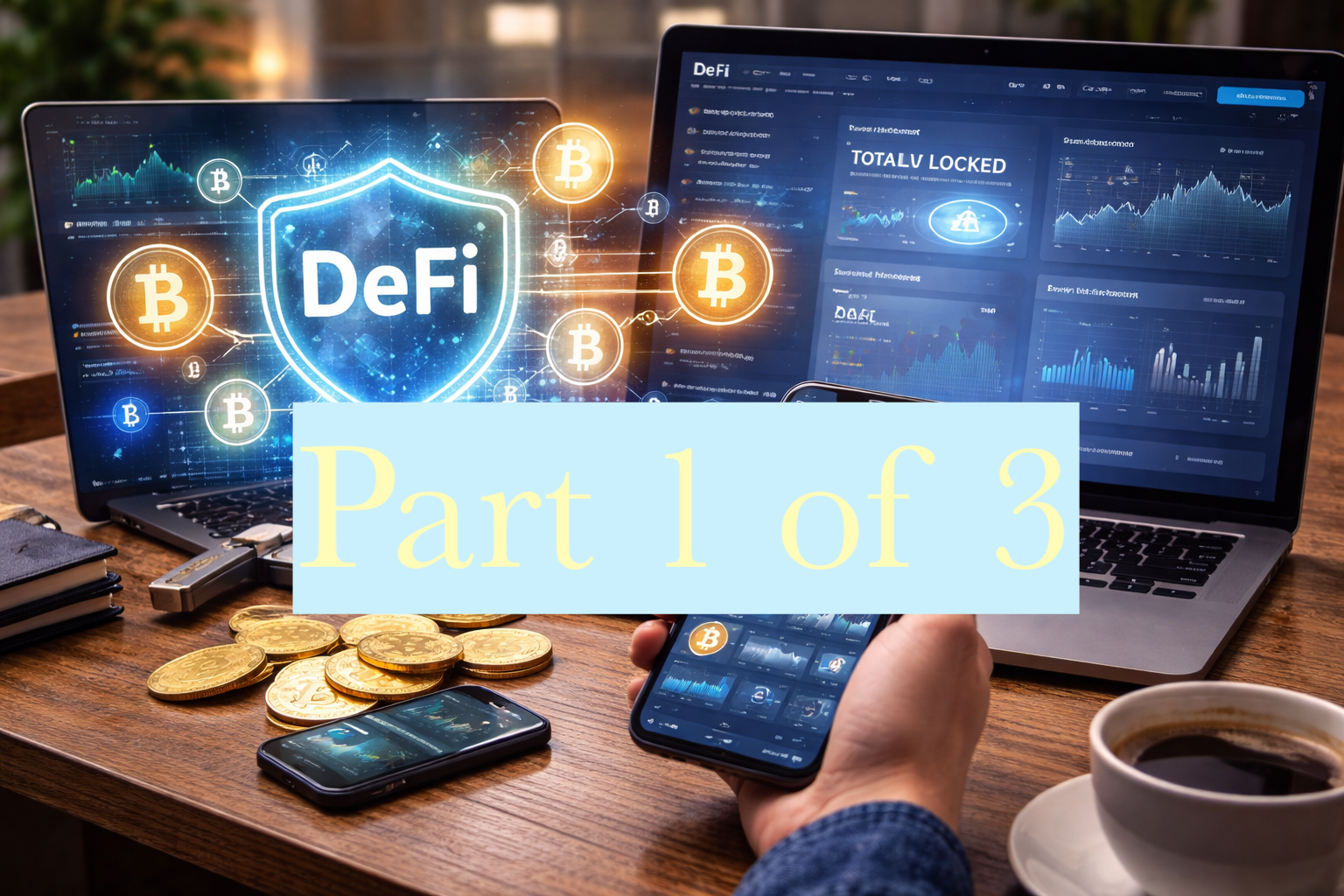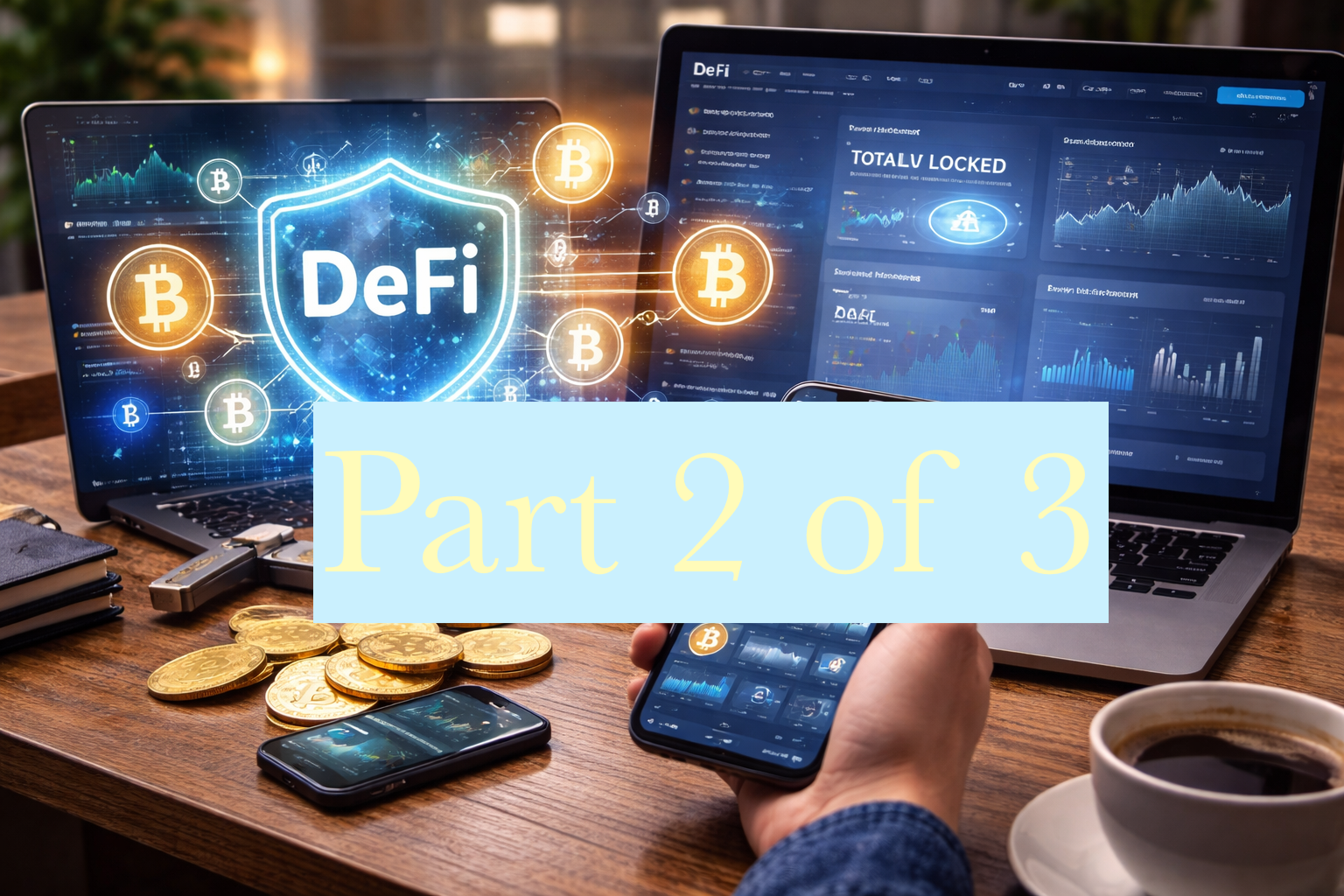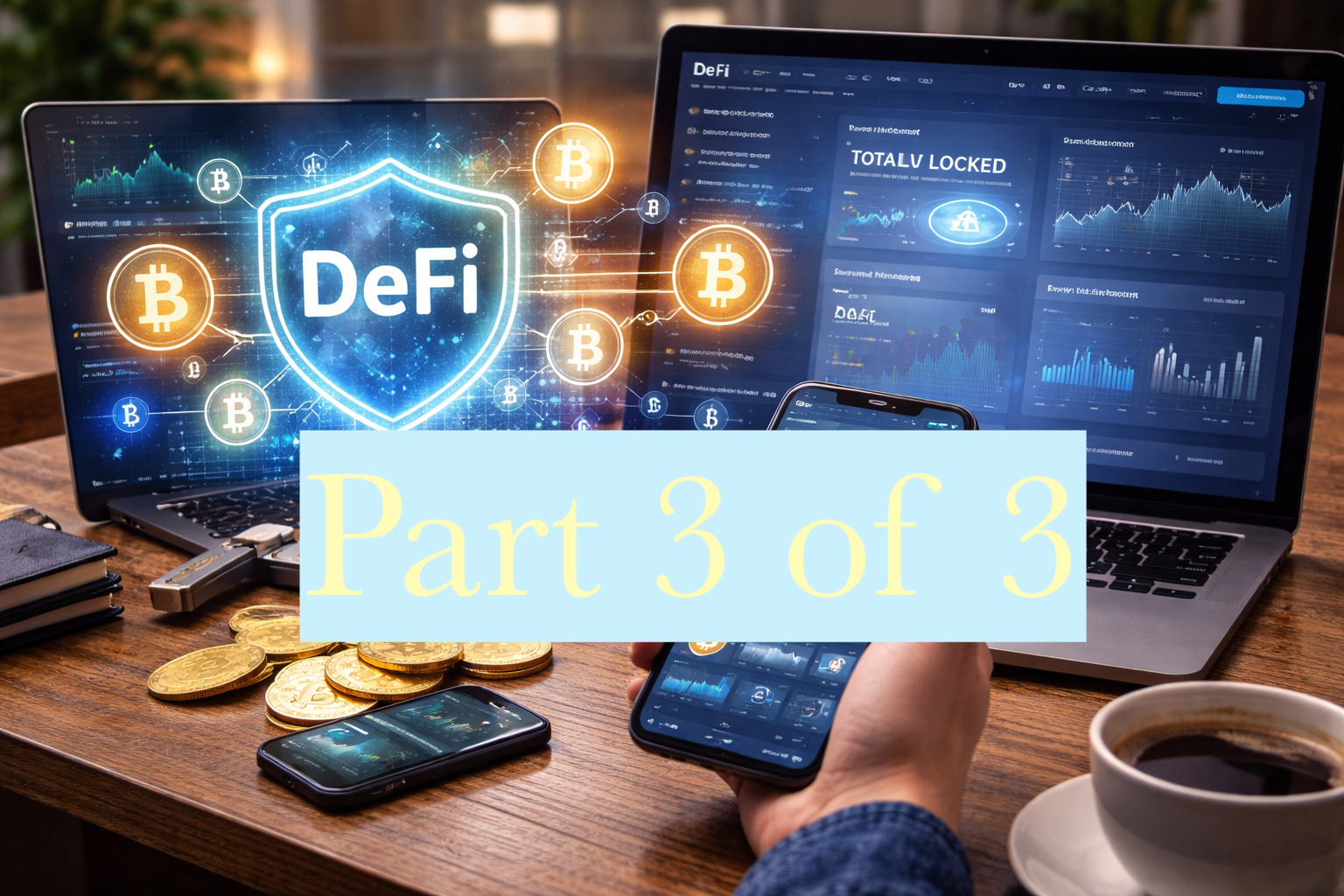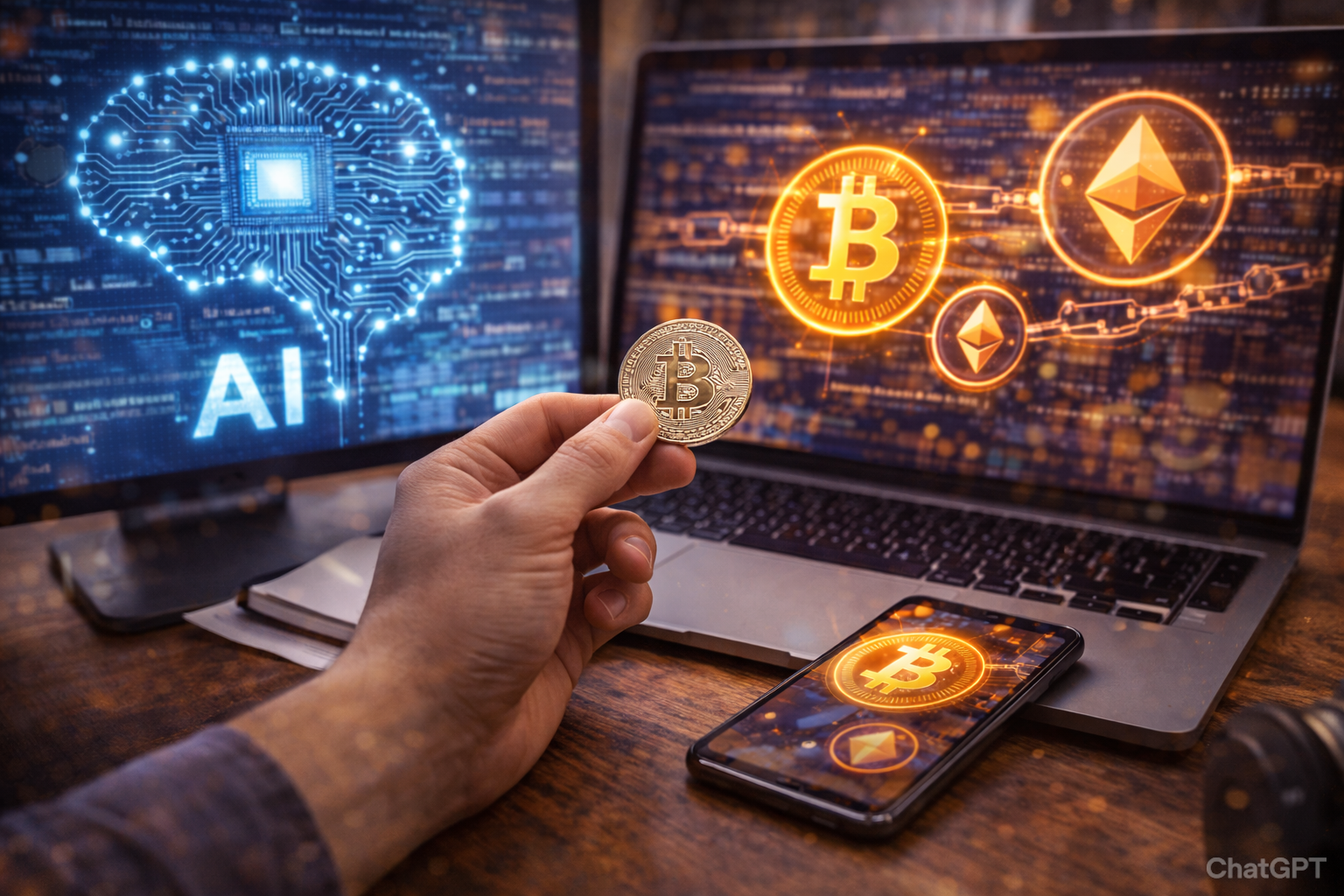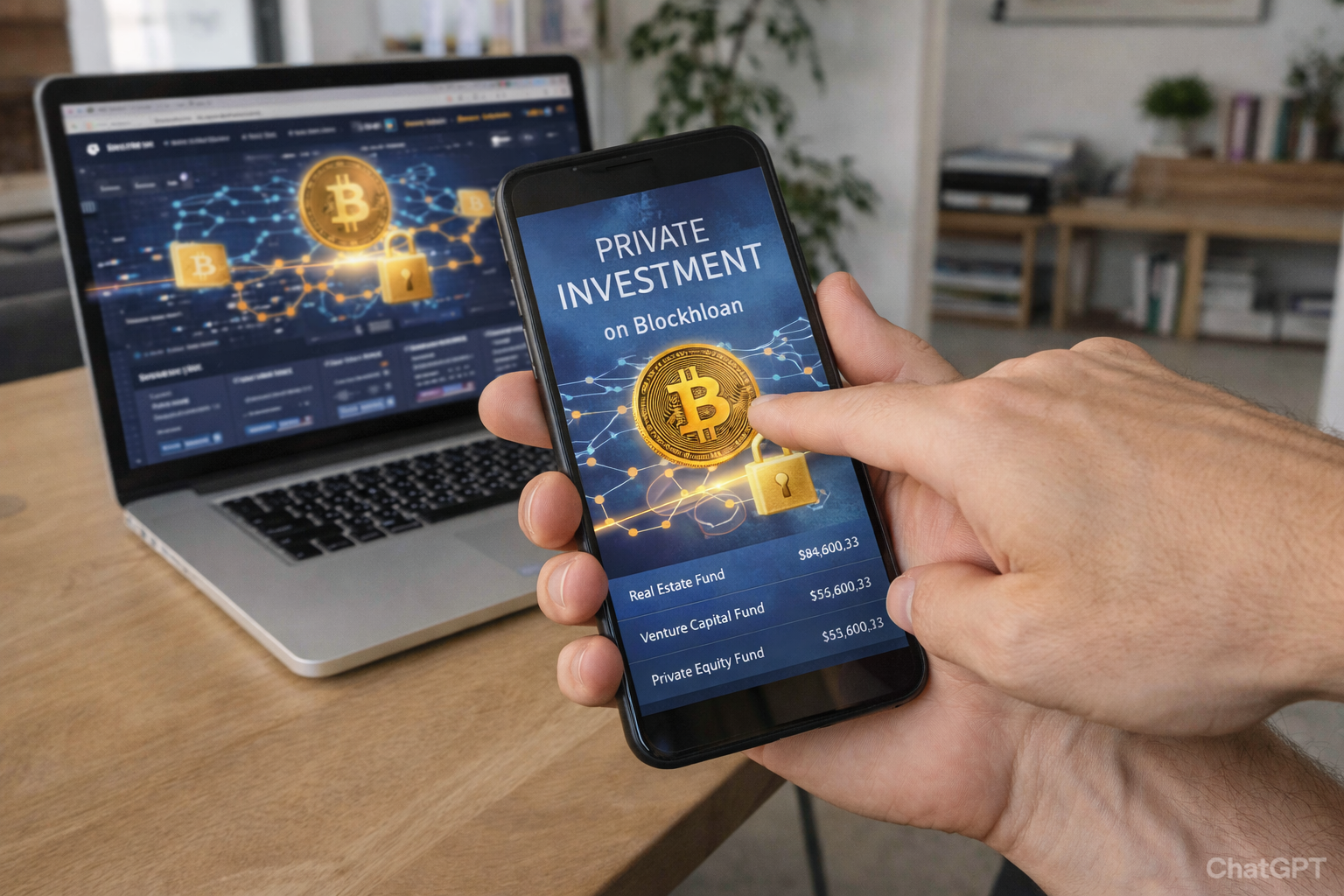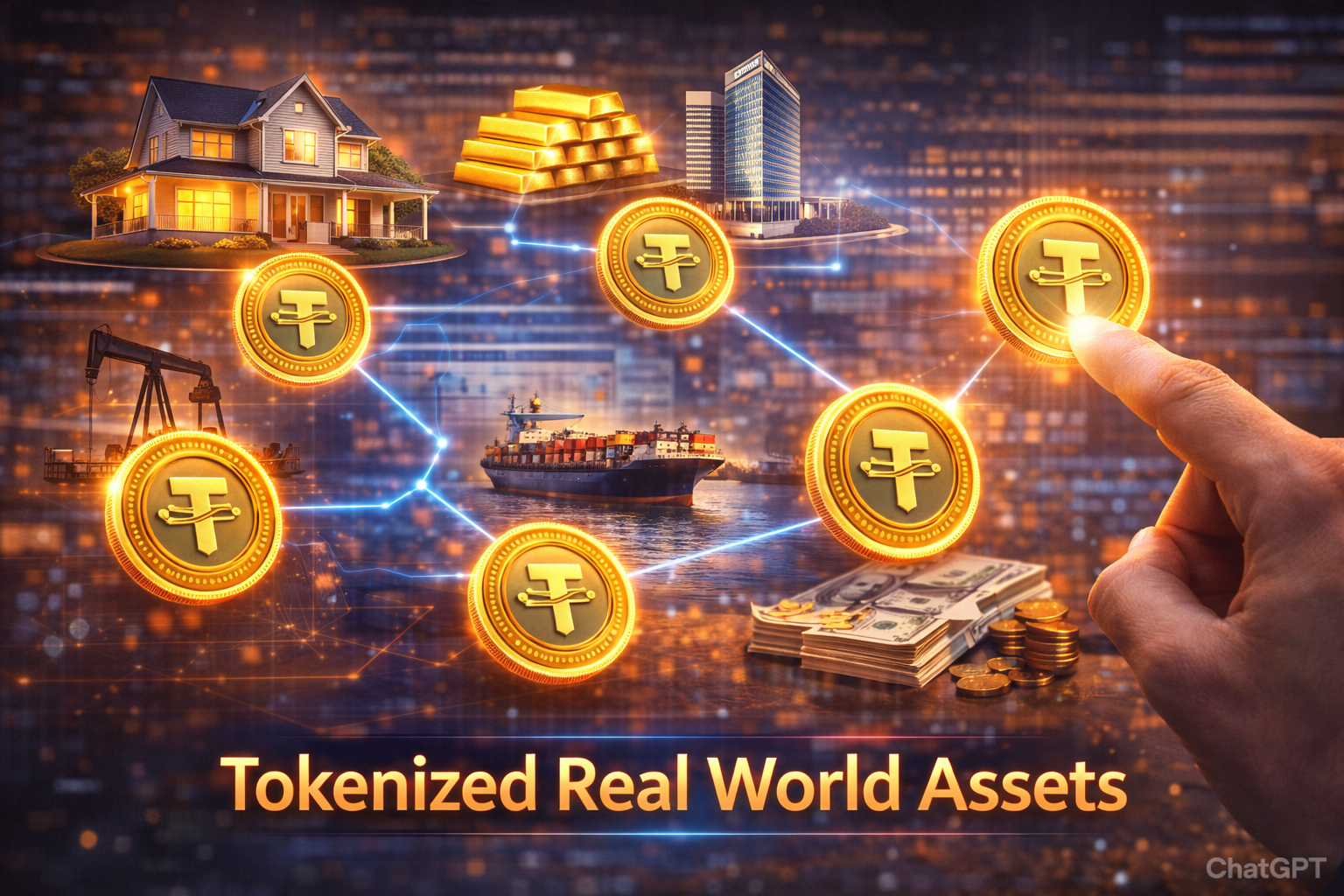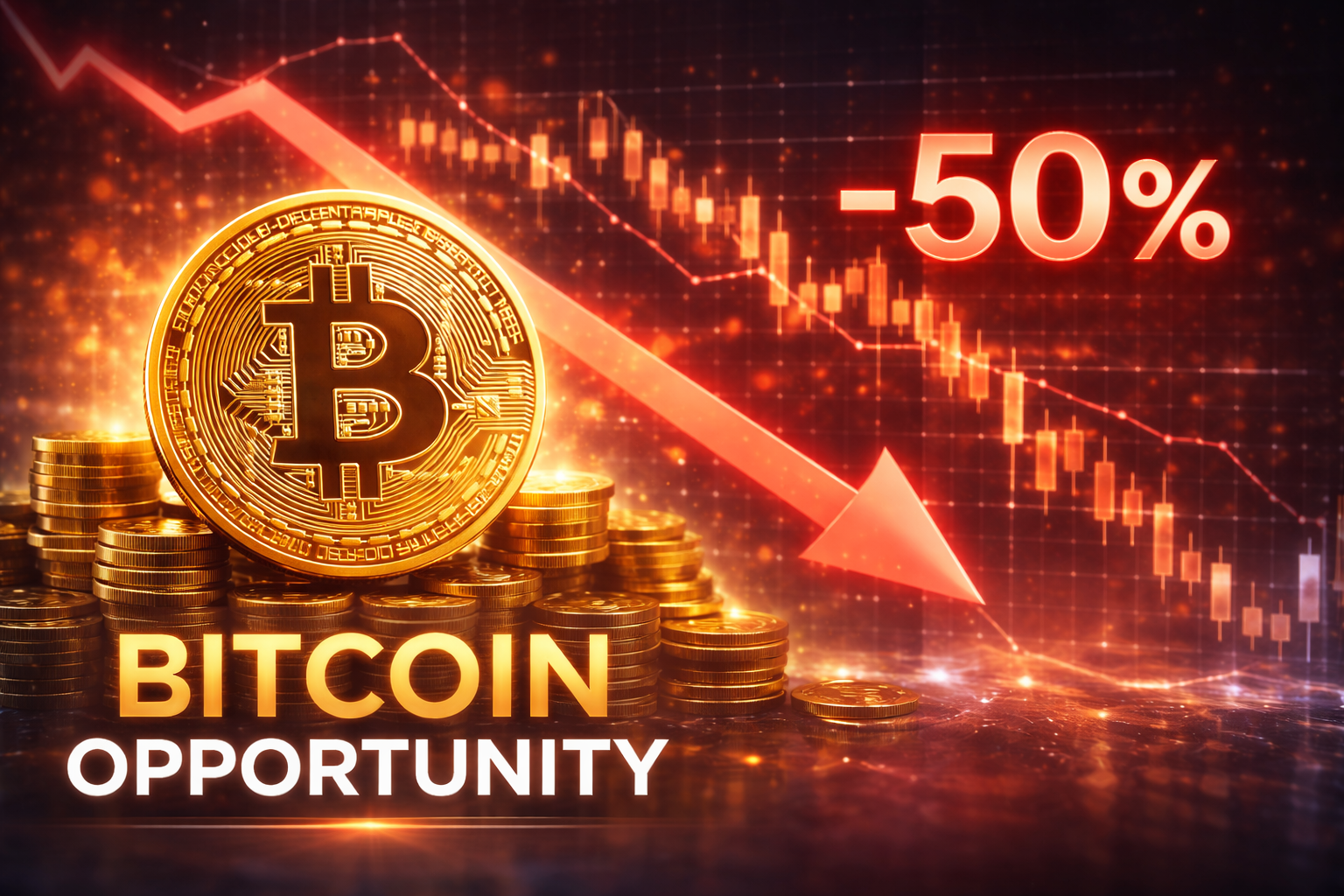
George Spencer
Guide: What Is Pi Crypto And How Much Is It Worth?
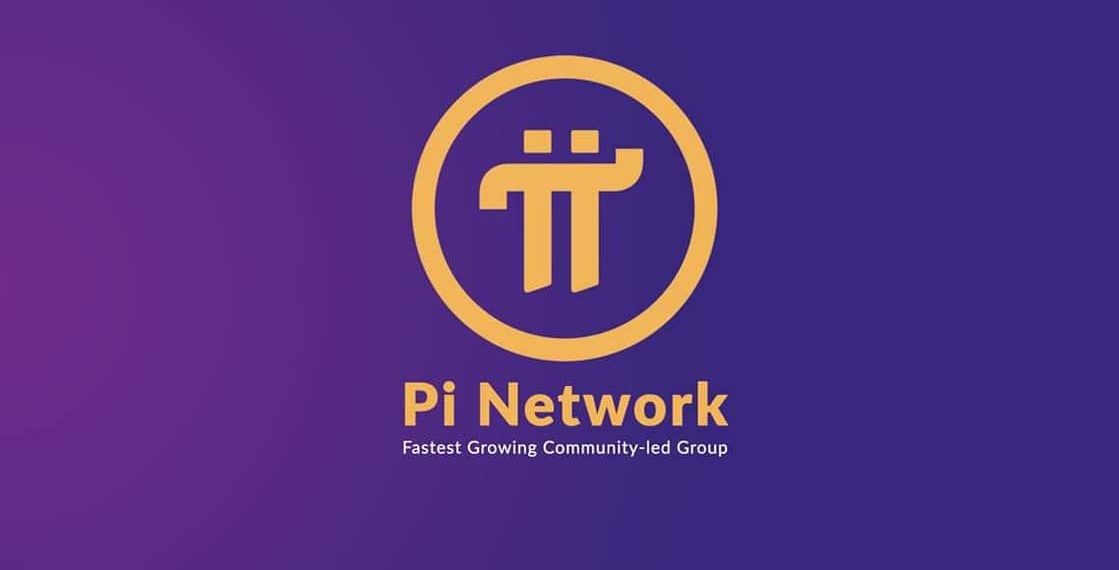
For the past two years, newcomers to the cryptocurrency industry have always been attracted to a project that has not been fully launched — Pi Network. How much is the Pi cryptocurrency worth?
Although the project is not yet officially launched as it has been in development since 2019 and is still in testing mode, there is already so much speculation about it.
This article aims at providing a complete overview of the Pi Network project as well as answering some of the major questions that investors have about Pi cryptocurrency. First, let’s see what this project is all about.
What is Pi Network Cryptocurrency?
Pi Network is a new cryptocurrency network that claims it was founded on March 14, 2019, by four Stanford graduates. The Pi network was created to decentralize and disintermediate finance to reach a wider audience than its competitors by basing its mining activities on smartphones.
This supposedly different strategy for the crypto industry was to ensure that users from all backgrounds can utilize the network as long as they have access to a smartphone and the internet, fostering inclusion.
The Pi Network app is easily accessible and available for download on both the Apple App Store and Google Play Store. The network has a referral system that ensures more users are added to the platform as mining sessions cannot be completed unless a successful referral is made.
Because of this ease of use and the referral system, Pi Network has seen its user base skyrocket, sitting at over 18 million users within two years.
However, although Pi Network is relatively popular, several people are still curious about the platform and how it works. Below are 25 of the most commonly asked questions about the Pi network.
25 Questions About PI Cryptocurrency Answered
- Who is Behind Pi Coin?
The Pi Network project is reportedly being developed by the conscious efforts made by a team of four Stanford graduates, Chengdiao Fan, an anthropologist, Nicolas Kokkalis and Aurélien Schiltz, computer scientists, and Vince McPhillips, a business major.
Although Stanford University did not provide any of the resources for the project, the founders often emphasized the influence that their interactions with top Stanford professors had on the project.
- Is Pi Cryptocurrency a scam?
At the moment, it cannot be said that Pi Network is a direct scam as users are not putting in any money on the platform. But in another way, users are getting robbed of their time and data spent performing several activities on the network that do not bring value in return.
- How Much is Pi Cryptocurrency Worth?
The Pi coin is currently worth nothing. Investors are concerned about the Pi coin value or Pi network price since they want to earn from their investments.
However, the Pi network gathers millions of supporters based on a “promise” of immense wealth. Pi coins are currently not listed or traded on any exchange, both centralized and decentralized, therefore, they have no value.
- How Can I Mine Pi Cryptocurrency?
The Pi platform boasts of offering users a simple and easy way to mine Pi coins using their smartphones. On the Pi app, users can mine Pi coins by simply pressing the “MINE” button on their dashboard. Each new account on the platform gets one free Pi ( 1π).
At the end of each 24-hour mining session, users will have to activate the next mining session by tapping the button again.
- Why Do Earlier Members Earn More?
The Pi Network incentivizes its earliest members to reward their contributions to the development of the network by allowing them to mine at higher rates than new members.
Recognizing the importance of its early contributors, the Pi coin mining rate reduces as more people join the network.
- What is the Pi Cryptocurrency Launch Date?
According to the Pi Network Whitepaper, Phase 3 of the project will be its most important period as it will see the launch of the Pi Network mainnet.
However, the Pi network launch date is nowhere in sight as project developers noted that the mainnet will be launched “when the community feels the software is ready for production, and it has been thoroughly tested on the testnet.”
The launch of the Pi Network mainnet is important because only then will the Pi coin be listed on crypto exchanges, allowing it to be traded.
- Should I Continue Collecting Pi Coins?
It is true that the Pi coin currently has no value as it is yet to be listed on any exchange, but the project promises to deliver a lot of value to its holders, and especially, its early contributors.
Therefore, you can choose to continue collecting the Pi coins since it does not require much work or any money to mine, hoping that it will one day become valuable.
- Is Pi Coin Like Bitcoin?
Pi Network enthusiasts have always related everything about the project to bitcoin in one way or the other. Although Pi coin tries to apply some of the principles of bitcoin, both coins do not operate the same way.
Pi claims it undergoes halving, just like bitcoin, to help protect its scarcity by cutting the mining reward in half. However, this hasn’t been proven in theory. Also, while Bitcoin is traded globally, the same cannot be said of Pi.
- What is the Ambassador Role in Pi Network?
The Ambassador role on the Pi network allows users to earn more Pi by inviting others to join the platform and become pioneers.
You can become a Pi Ambassador when new members join your earnings team by using your invitation code to sign up for the Pi network and start mining Pi. Ambassadors get a 25% boost to their earnings for each person they invite to the platform, as long as they are mining Pi.
- What is the Contributor’s Role in Pi?
The contributor role on the Pi network allows users to fill their Security Circle, assisting the network to weed out bad actors, build trust and help them earn more Pi coins per hour. This feature is unlocked after you must have completed three mining sessions. Once you become a contributor, you can add people to your Security Circle and boost your mining rate.
- What is the Security Circle in Pi Network?
Unlike bitcoin and several other cryptocurrency projects that allow network validators to secure their digital ledgers via the Proof-of-Work (PoW) and other methods, the Pi network secures its ledger when users vouch for each other’s trustworthiness.
A security circle on the Pi platform refers to a group of 3-5 pioneers who trust each other not to conduct any fraudulent transactions on the network.
- How do I Add People to my Security Circle?
There are two ways to go about adding people to your security circle. The first method is the “Add an Existing Pi User” option, which allows you to build your security circle from those in your earnings team.
This means that you can select the person whose referral link you used to sign up to the platform and two or three other people that you referred to the network.
The second method is the “Add From Contacts” option, which allows you to add people from your phone’s contact list to your security circle. However, they must have Pi accounts.
- Can I Have Multiple Pi Accounts?
This is supposedly one of the Pi network’s biggest security features. The network allows an individual to have only one Pi account, to ensure transparency and equality.
To maintain this standard, the network uses the Know Your Customer (KYC) compliance to verify users’ information. They also keep track of this information using an advanced identity verification application called YOTI.
YOTI ensures that users do not photoshop ID cards, passports, and more by requiring on-site portraits and IDs, and retaking of photos when documents expire.
So, Pi users cannot have more than one account.
- Is there an Age Restriction for Pi?
Users are eligible to have a Pi account as long as they have the sufficient identification documents needed to open an account and can use a smartphone. Therefore, users’ ages can range from 18 years up. However, teenagers below the age of 18 can also have a Pi account as long as they have some type of identification document, including a passport.
- Can I Withdraw Mined Coins Now?
No, you cannot withdraw any of your mined Pi cryptocurrency now, as there is currently no provision for its sale on the secondary market. All transfers and withdrawals from Pi can only be done once the project reaches Phase 3, which is the launch of the Pi mainnet.
The project claims that this was to prevent bad players from illicitly acquiring Pi coins and subsequently transferring them to legitimate accounts.
- Will Pi Mining Continue for a Lifetime?
Pi tries to bring in all the plus sides of bitcoin while avoiding all of its negatives. The project owners noted that to keep the value of each Pi coin significantly high, when it fully launches, it will be adopting the halving technique.
Pi halving ensures that the number of Pi coins awarded to each pioneer after a mining session is split into two as more users get on board.
The project started with a base mining rate of 1.6π per hour. This rate was halved to 0.8π/hr when about 100,000 users joined. It was further slashed to 0.4π/hr when its user base rose to 1 million.
The next halving took place when Pi users swelled past 10 million, bringing the mining rate to 0.2π/hr. Therefore, users will no longer be able to mine Pi coins after the Pi network launch date. The project owners urge users to start mining at a higher rate immediately.
- What Are the Impacts of Mining Pi?
This is one way that Pi tries to be different from bitcoin. Pi claims to have the solution to one of bitcoin’s biggest flaws of all time: environmental impact.
Unlike bitcoin that takes a lot of computational power and the use of specialized equipment to mine, Pi claims to use a negligible amount of data and that its performance does not, in any way, affect the performance of users’ mobile devices.
There is no need for specialized equipment as users can mine the Pi coins on their phones by simply pressing the mine button, and this does not leave behind any carbon footprint.
However, it is worth noting that this mining process is arguably fake since Pi does not have a blockchain network. The process labeled as mining is simply software distributing digital coins to users and does in any way relate to cryptocurrency or Bitcoin mining operations.
- Is The Pi App a Wallet For My Mined Coins?
Yes, the Pi app will serve the purpose of a digital wallet for the mined Pi coins when the project finally goes live. It will be linked to users’ current accounts, with access to vital user information including their phone numbers and more. From the in-app wallet, users can conduct transactions with their stored Pi coins.
- Will I Need an External Wallet to Store my Pi Coins in The Future?
Once the Pi Network mainnet is launched, the project says it will users will be allowed to store and trade their Pi coins in external wallets, in addition to its in-app wallet. Users will also have the option of taking over full ownership of their public or private keys as soon as the project officially launches.
- Is Pi Coin a Good Investment?
At the moment, Pi coins cannot be traded as they are not listed on exchanges. However, investors can either get on board the project, join in the mining activity, and wait for the mainnet to launch or wait to buy it on an exchange when it officially goes live.
- How Many Pi Coins Will Be in Existence?
It is still very difficult to determine the number of Pi coins there will be in existence since the project is still in the testnet and there is no clear Pi network launch date. Pi coin’s total supply cap will only be determined when its mainnet is officially launched, validating users’ accounts and migrating the mined coins to the mainnet.
- Is Pi A Marketing Scam?
The Pi Network app operates in the same manner as an affiliate marketing system, promising users future rewards for bringing in new users. It is also similar to a Multi-Level Marketing (MLM) system since it provides increased benefits to its early users.
The app creates little value for users and vice versa. The only value that users create is providing their information, regular logins, and completing KYC requirements from which the project owners are already benefiting by launching optional video ads to monetize the network’s active user base.
- How Much Will Pi be Worth in 2030?
There is no certain Pi network price prediction at the moment because it is not listed on any exchange. However, judging by the hype surrounding this project and its user base, Pi is expected to hit the $1 mark a year after it is officially listed.
The subsequent price movements of this coin will depend on the level of acceptance it gets from exchanges and users. Although it will be difficult to predict the 2030 value of a coin that is not yet launched, Pi may have a market value if the network is properly developed and the hype surrounding it does not die down.
- Is Pi the Next Bitcoin?
Pi claims to bring good into Bitcoin’s infrastructure while leaving out its downsides. Over time, bitcoin has attained a measure of popularity that makes it the king of crypto. However, at this current stage of Pi’s existence, it is hard to say if Pi can be the next Bitcoin.
The manner of launch is completely different and means Pi will likely just be like other cryptocurrencies instead of Bitcoin. The project is making a lot of promises and has failed to deliver any value to users.
- What is the Future of Pi?
The future of Pi is somewhat uncertain as the coin currently has no value and is not listed on any exchange. However, the future of the project depends on the success of its mainnet launch and the level of acceptance it receives from both exchanges and mainstream users when it goes live.
Latest
Altcoins
07 Feb 2026
Altcoins
06 Feb 2026
Altcoins
05 Feb 2026
Altcoins
03 Feb 2026
Altcoins
20 Jun 2024
Altcoins
09 May 2024






